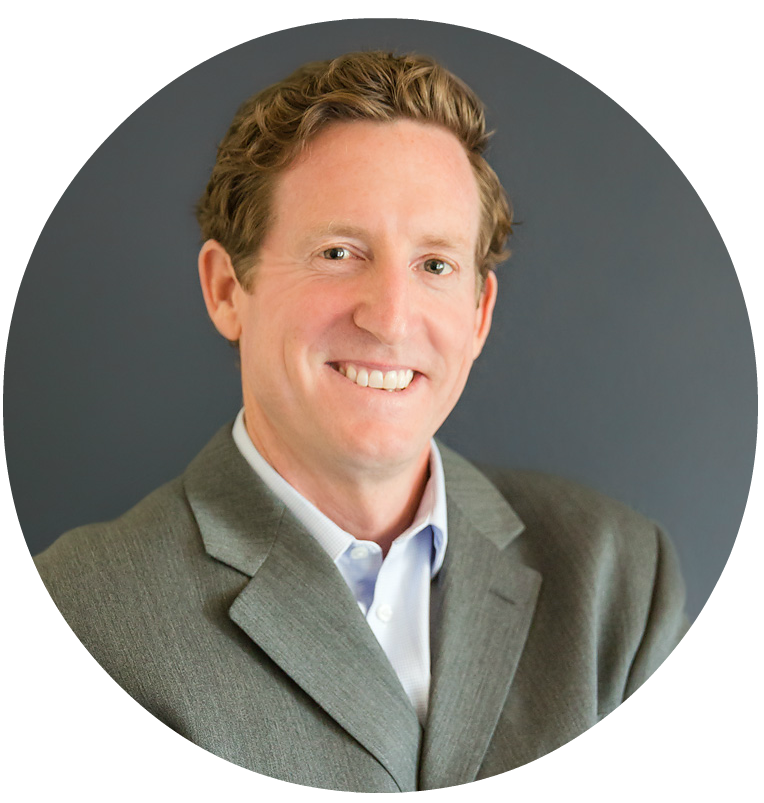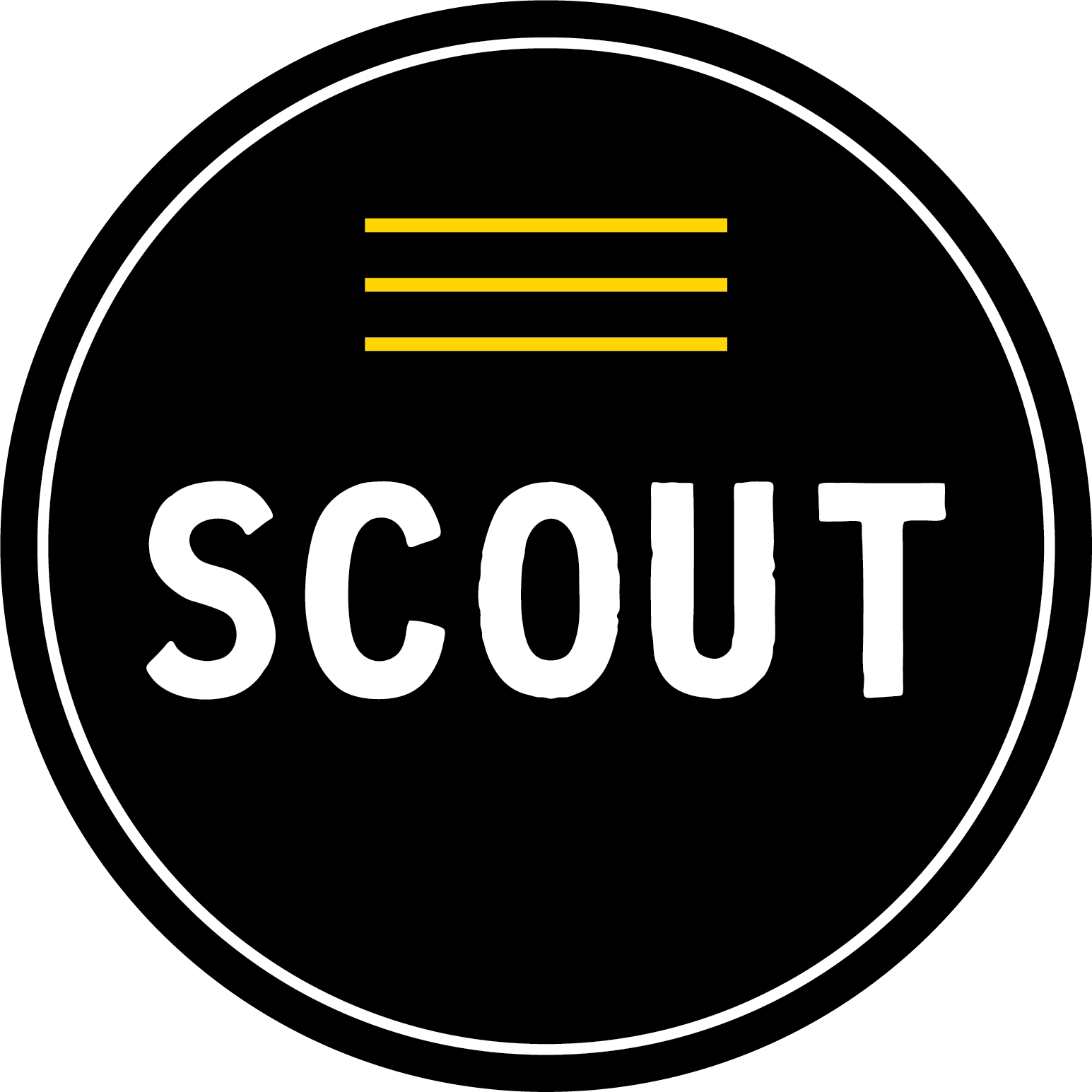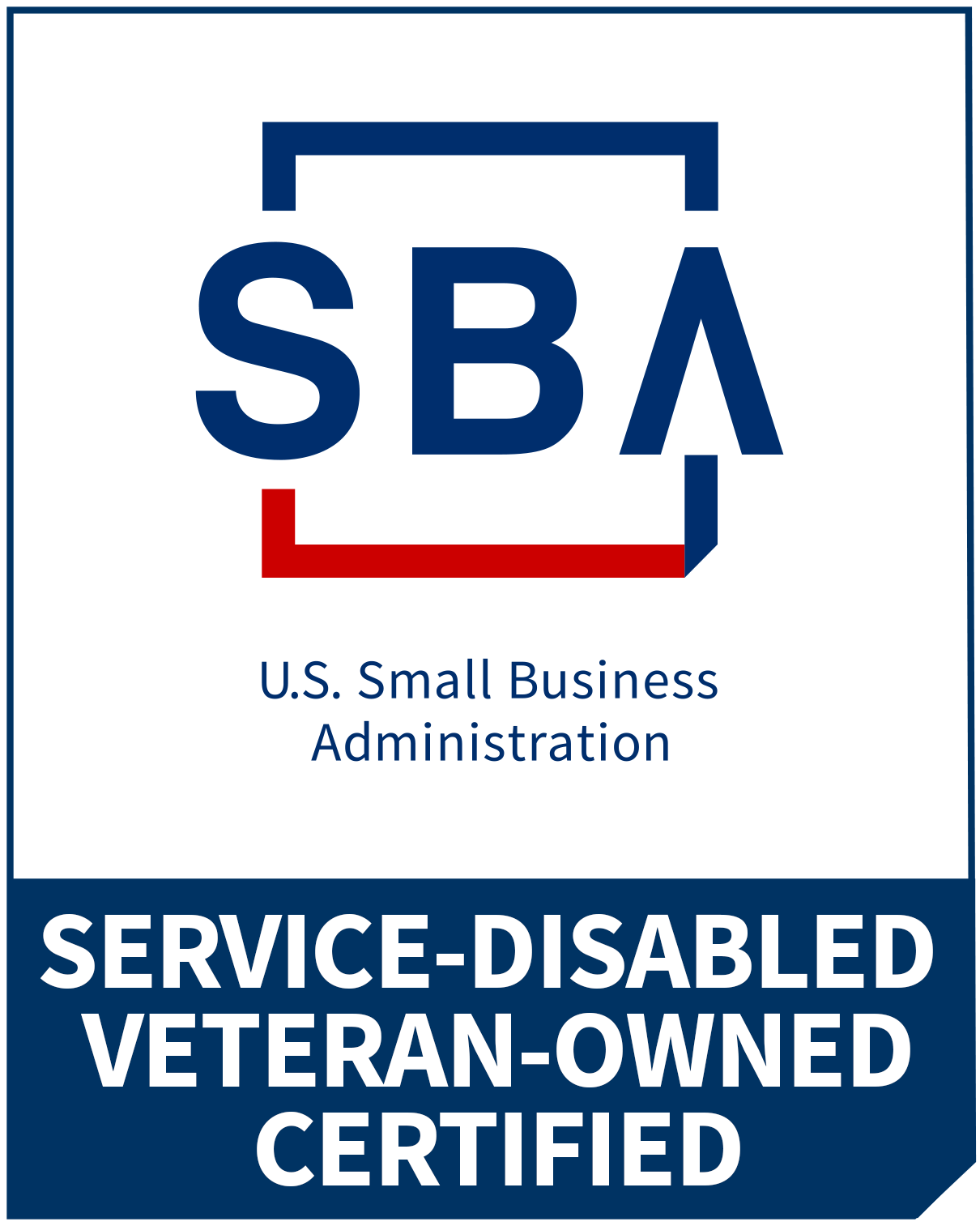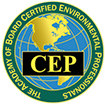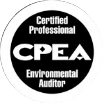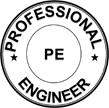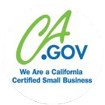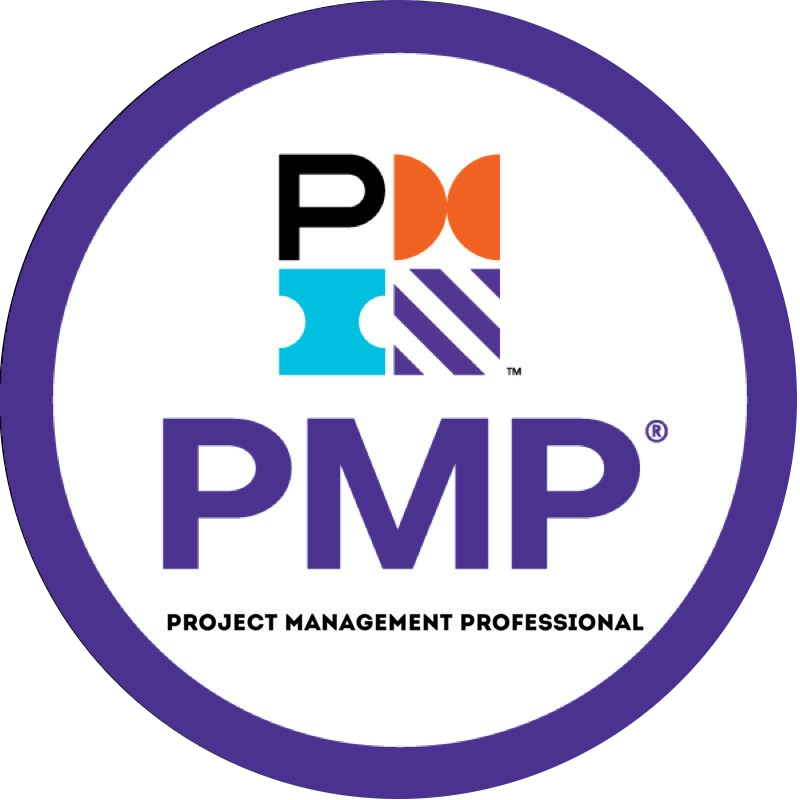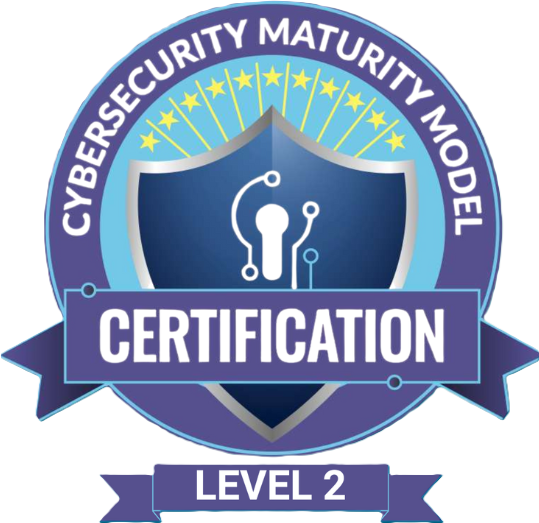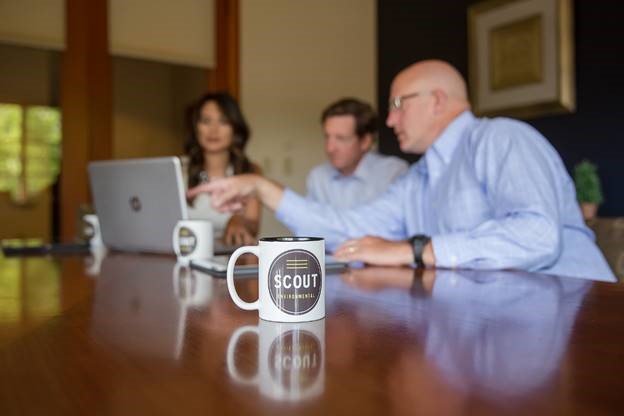In last month’s blog, Melanie highlighted some of the direct impacts COVID-19 had and continues to have on our people and projects. In this and perhaps a few later blogs, we will explore some of the environmental planning and compliance implications and approaches that our industry may want to consider as we move forward through COVID-19’s impacts to our profession.
Recognizing and Planning for Significant Changes to “Existing” Conditions
With so many people either out of work or working from home, there have been significant reductions in travel at local, regional, and nationwide levels. Even as our communities slowly phase in a return to normalcy, we anticipate changes that will stay with us for some time.
Traffic conditions, airplane flights, and mass transit ridership are examples of typical environmental planning elements that will continue to fluctuate as compared to pre-COVID-19 conditions, as will related changes to the corresponding noise environment and air quality.
As such, it will be important for planners to consider the timing of their plans and analysis to make sure they are using the right dataset(s) for their analysis to characterize “existing” conditions. For example, in partnership with two firms, we recently performed a traffic analysis in support of an EA. We collected traffic count data a month before the local essential-trip only rules went into 
Planners may see a reduction in mass transit ridership such as planes, trains, and buses (you thought I was going to say automobiles!) and/or changes in transportation patterns. People may not be comfortable for some time in putting themselves in tight quarters. Therefore, in time, there may perhaps be more cars on the road until people are comfortable with using mass transit again, en masse. What will this mean for transportation planners?
For more on this interesting topic, please read this blog prepared by one of our partner firms, The Traffic Group: https://tinyurl.com/ybrj84yn
Ensuring Meaningful Public Engagement Opportunities
An important part of NEPA, CEQA, and planning is public engagement and requesting comments on proposed actions. For example, we recently published a notice of availability (NOA) for a public draft environmental assessment. For the first time in my career, the NOA did not say at which library the public could read and review the EA, because the libraries were all closed due to COVID-19! To ensure our client still made a good faith effort to solicit public comments, we added an email address where people could request a copy of the EA if they were unable to access the EA via the project website.

For more on this intriguing topic, please read this short article prepared by one of our partner firms, Katz and Associates: https://katzandassociates.com/2020/04/thinking-outside-the-box/
Completing Your Continuing Education/Professional Development from Home!
We have seen several industry-leading conferences either postponed or transitioned to web-based gatherings. For many of us with professional registrations, we have annual continuing education credit requirements. Typically we accomplish these requirements by attending conferences.
I applaud organizations such as the American Planning Association for seamlessly transitioning to a web-based presentation format that enables us to continue our education, networking, and awareness of industry accomplishments. I just participated in the APA’s NPC20 conference sessions and found the format and information valuable and easy to access – and I earned most of my required annual continuing education units! If you missed this event and need credits, here is the link to recordings of the sessions (https://www.planning.org/conference/digital/). We look forward to participating in important professional development opportunities like this in the near future when participating in traditional conferences is not in the cards.
Regional Partnering to Get the Job Done
A geographically separated partner firm recently approached us and asked to help them accomplish a part of their scope of work that was in our backyard (San Diego County). Because the prime could not travel (due to non-essential travel restrictions), they reached out to us and asked us to complete the local work for them. We completed the work, and the firm was able to fold our piece into their larger deliverable. If travel restrictions continue in the future, we may see more of these type of partnering efforts to still get the job done.
Conclusion
This is a challenging and new time for all of us. But we are all adapting and finding new ways to keep our people safe, our projects moving, and identify and employ new methods to prepare quality products that are reflective of our changing environment. We thank our clients and partners for their flexibility and great ideas.
Finally, in the coming months we will be applying new remotely-based approaches to environmental compliance for some of our clients. This includes distance training and remote compliance audits. As we perform and learn from these new approaches, we will share our experiences with you.
Stay healthy and stay positive,
Ryan
Contact me to hear more about how we can help you—we are here for you! ryan.pingree@scoutenv.com


